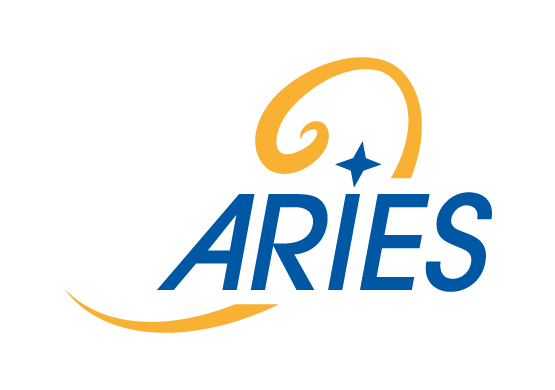
The ARIES project has been approved by the European Commission under the Horizon 2020 Framework Programme for Research and Innovation and will receive €10M in EU funding as requested in its proposal.
The full title of the project is Accelerator Research and Innovation for European Science and Society. It will serve as the spiritual successor to the EuCARD-2 Integrating Activity project, which is due to end in April 2017. The start date for ARIES is yet to be agreed upon, but is foreseen for May 2017, to allow a smooth transition between the two projects.
The total budget of the project will be €24.8M over the four-year study period, which includes the EU contribution and €14.8 M from the involved beneficiaries. The overall evaluation score of ARIES was 14.5 out of 15. This is the highest score compared with previous EU funded accelerator R&D projects such as CARE, EuCARD and EuCARD-2.
ARIES aims to develop novel concepts and improve existing accelerator technologies; to provide access to top-class accelerator research and test infrastructures to European researchers and industry; to further integrate the European accelerator community; and to develop a joint strategy towards sustainable accelerator S&T.
ARIES will bring together 41 beneficiaries from 18 different European countries, one International European Interest Organization (CERN) and one European Research Infrastructure Consortium (ESS). The beneficiaries are based in the following 18 countries: Austria, Belgium, France, Germany, Hungary, Italy, Latvia, Malta, Netherlands, Poland, Portugal, Romania, Slovakia, Slovenia, Spain, Sweden, Switzerland and the United Kingdom.
The evaluators of the project highlighted the clarity of the project’s innovation strategy, the integration such a large variety of partners, the extent of the Transnational Access programme, the intended creation of an e-learning course, the proof-of-concept fund, and the development of compact accelerators as particular areas of interest within the proposal.
During its grant preparation, the Project Coordinator, Maurizio Vretenar (CERN), will agree on a start date for the project with the European Commission and a kick-off meeting for all project collaborators will be arranged.
